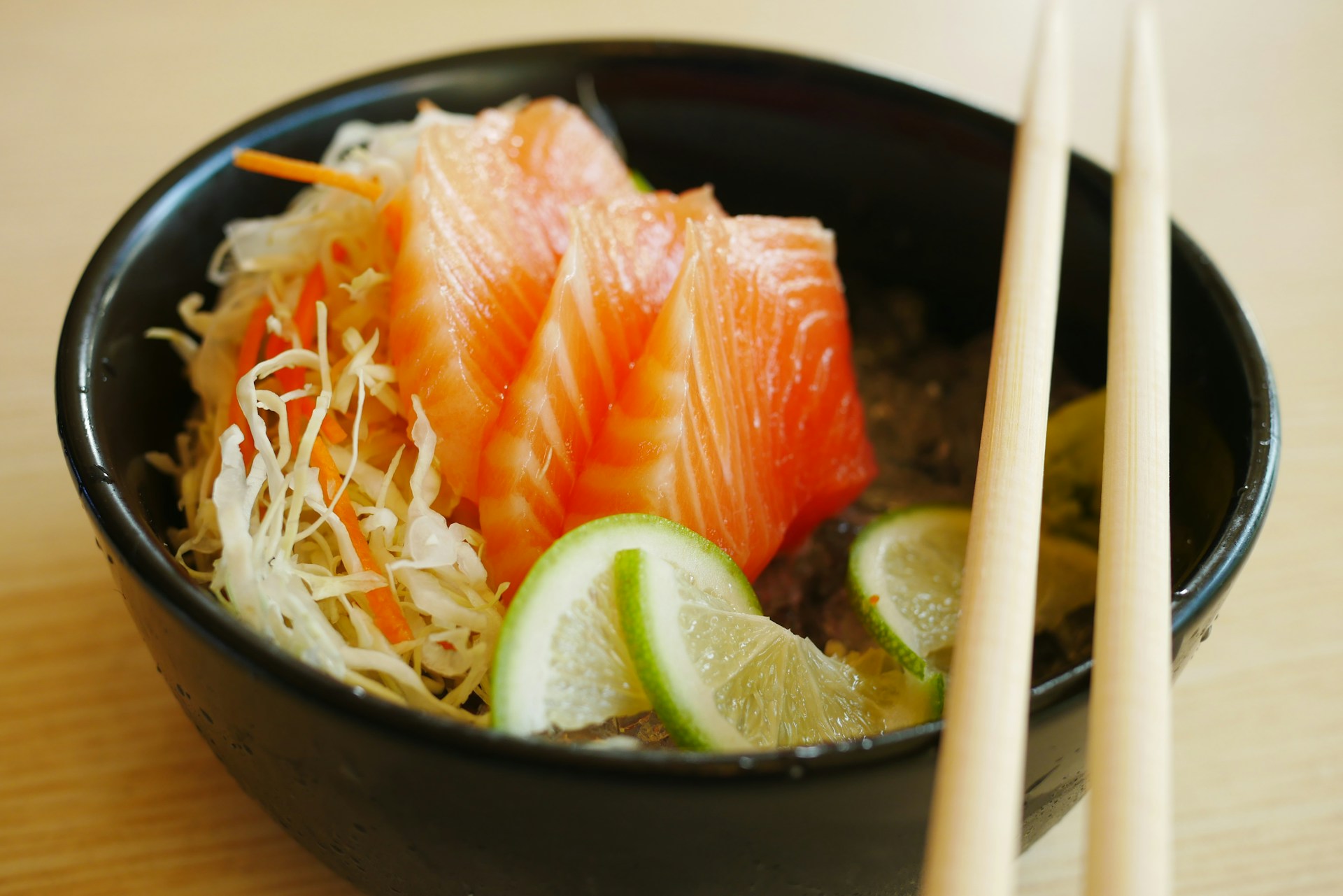Nutrition
Omega-3s and Brain Health: Nutrition for Cognitive Wellness

Hello, my frugal fitness friends! Let’s talk about Omega-3s and brain health. You might be wondering what Omega-3s are, but don’t worry, we’ll break it down together. Omega-3s are a type of fatty acid that are essential for our bodies, but our bodies can’t produce them. We have to get them from our diet.
So, where can we find Omega-3s? They’re abundant in fish like salmon and mackerel, walnuts, flaxseeds, and chia seeds. If you’re not a fan of fish or nuts, there are plenty of Omega-3 supplements available.
Why are Omega-3s important? As we age, our cognitive function can start to decline. Omega-3s are known to support brain health and cognitive function. They help with memory and can even delay mental decline. Plus, they’re great for heart health too.
Incorporating Omega-3s into our diets is easy. If you’re a seafood lover, aim for two servings of fatty fish per week. If you’re more of a landlubber, try adding a handful of walnuts or a sprinkle of flaxseeds to your meals. Cooking at home allows us to control what goes into our meals. Try baking a piece of salmon with some lemon and dill, or making a chia seed pudding for dessert.
Aging is not about fighting against time, but rather embracing the journey and doing our best to stay healthy and vibrant. Omega-3s are a tool in our toolbox for aging gracefully and keeping our minds sharp. Every step you take towards better health is a step in the right direction. Until next time, stay frugal, stay fit, and stay fabulous!
